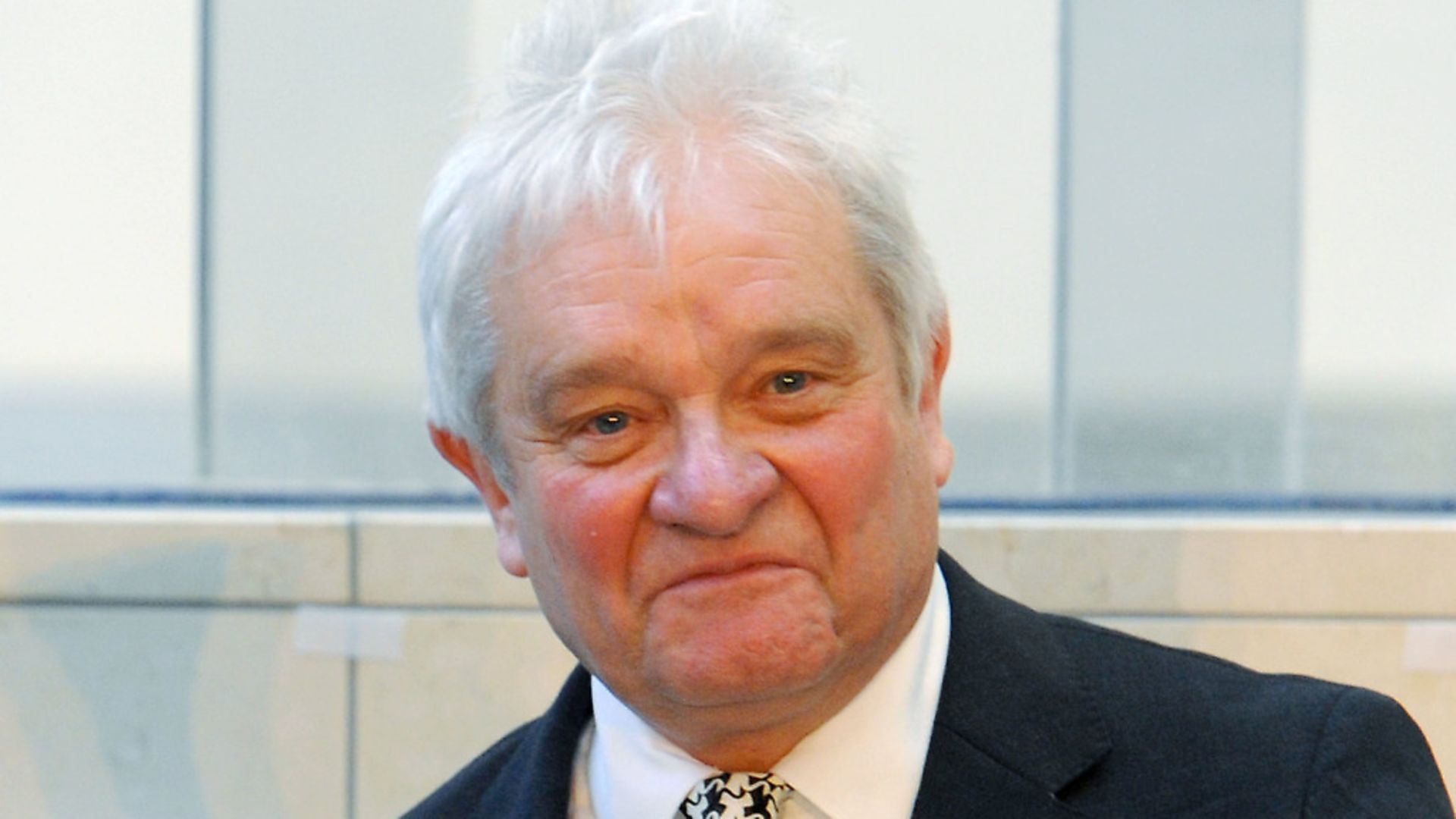
A Nobel prize-winning scientist has said Brexit has cast the UK ‘several decades into the past’ and feared it would damage the country’s standing in the scientific community.
Sir Paul Nurse, a vocal critic of Tory government’s handling of the coronavirus pandemic, accused Brexiteers of trying to relive Britain’s ‘imperial history that no loner exists’.
Speaking with The Observer, Sir Paul, who is the current director of the Francis Crick Institute, said the UK was ‘turning away’ from global collaborative science.
‘There are three major science blocs in the world, which are North America, China and the far east and Europe. Britain is actually good at science and had a lot of influence in European science. And so we have lost power and influence.’
He added: ‘That’s a political thing. The psychological thing is that I meet scientific colleagues around the world and they just think that the UK has turned away from collaborative science by looking back on an imperial history that no longer exists.
‘It’s just very sentimental. And we’ve taken a leap several decades into the past.’
On the government’s handling of the Covid-19, Sir Paul accused ministers of reducing complex situations into ‘an almost meaningless sentence’.
‘I’m particularly concerned about the attempt to convey communication through one-liners such as ‘we’re following the science,’ he said. ‘It’s a sort of populist tendency and that reduces complex situations to an almost meaningless sentence’.
He said ministers needed to be more transparent over the way they made decisions during the pandemic.
He said: ‘For example, testing for coronavirus was absolutely critical. What they decided to do was produce very big labs to do it, not thinking that this would take many months to get it to work efficiently. Whereas they could have developed it locally and contributed something immediately.
‘All the testing capacity basically did nothing during the big infection phase.’
He added: ‘That was very bad policy and implemented badly, but we didn’t see the discussions behind those decisions.’
Sir Paul once said that the UK was constantly playing ‘catch up’ with the coronavirus and has previously blasted ministers’ for not treating the public ‘as adults’ in its communications over Covid-19.
‘I think we need greater openness in the decision-making. It sometimes seems somewhat shrouded in secrecy,’ Sir Paul told the BBC’s Today programme in August.
‘And not only that, but better communication of what’s happening. Treat the public as adults.’
He continued: ‘I’ll give one example. At the height of the infection I was at a select committee in April and a public health person I think it was – they may have been from the Department for Health and Social Care – was saying all the testing needed for the NHS was in place.
‘Yet we showed at the Francis Crick, at that time, 45% of frontline healthcare were infected and they were not being tested because capacity was inadequate.’









